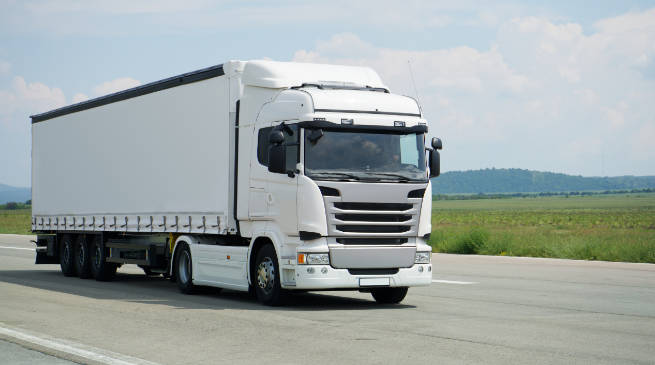In today’s cutthroat logistics environment, payload optimization is critical to successful and economical bulk transportation. A company’s earnings are directly impacted by each additional unit of cargo it transports. In order to do this, high-capacity bulk trucks are essential since they enable companies to transport more cargo on each journey.
Lower operating expenses, fewer trips, and less fuel usage are all results of increased cargo capacity. In sectors like construction, mining, and agriculture, where massive amounts of commodities must be often moved over great distances, this efficiency is essential. By optimizing payload capacity, companies may gain a substantial competitive edge.
Factors Affecting Bulk Truck Payload
Several factors influence the payload capacity of a bulk truck. Understanding these factors is crucial for selecting the right truck and maximizing its hauling potential. Some of the key considerations include:
The truck’s chassis, suspension system, and body construction all play a role in determining its payload capacity. High-strength materials and advanced engineering techniques are used to create trucks that can handle heavy loads without compromising safety or stability.
The density of the cargo being transported significantly impacts the payload. Denser materials, such as minerals or aggregates, will result in a lower overall payload compared to lighter materials like grains or wood chips. Businesses need to consider cargo density when selecting a truck and planning their transportation operations.
Every region has specific regulations regarding the maximum allowable weight for trucks on public roads. These weight limits must be strictly adhered to, as exceeding them can result in fines and penalties. Businesses need to be aware of these regulations and ensure their trucks operate within the legal limits.
High-Capacity Bulk Truck Solutions
Advancements in truck manufacturing have led to the development of high-capacity bulk trucks that can handle even the most demanding transport needs. These trucks feature innovative designs and technologies to maximize payload and improve operational efficiency. The use of lightweight materials, such as aluminum alloys and high-strength steel, in truck construction reduces the truck’s weight, allowing for a higher payload without exceeding legal weight limits.
Advanced chassis designs distribute weight more evenly, improving stability and allowing for larger cargo volumes. This optimization ensures safe handling even when the truck is fully loaded. Aerodynamic features, such as streamlined cabs and air deflectors, reduce drag and improve fuel efficiency. This not only lowers operational costs but also reduces the truck’s environmental impact.
The Business Benefits of High-Capacity Bulk Trucks
By transporting more goods with each trip, businesses can improve their overall productivity and meet customer demands more efficiently. Fewer trips also mean less time spent on the road, allowing for quicker turnaround times.
Fewer trips translate to lower fuel consumption and reduced wear and tear on the truck. This cost saving can significantly impact a business’s bottom line, especially in industries with high transportation costs.
High-capacity bulk trucks often incorporate fuel-efficient technologies and aerodynamic designs, reducing their environmental impact. This commitment to sustainability aligns with the growing focus on corporate social responsibility.
Conclusion
In conclusion, maximizing payload is a crucial aspect of efficient bulk transportation. High-capacity bulk trucks offer a solution for businesses looking to optimize their logistics operations, reduce costs, and improve their environmental footprint. By carefully considering factors such as truck design, cargo density, and legal weight limits, businesses can make informed decisions and reap the benefits of increased payload capacity.
















